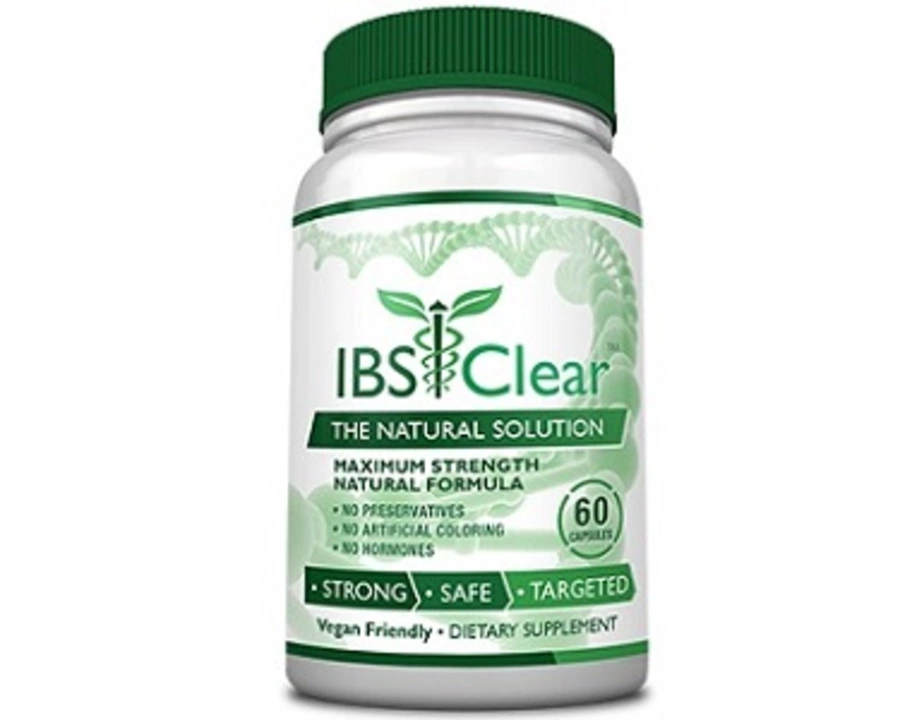All-Natural Supplements: How to Pick and Use Them Safely
Think "natural" equals safe? Not always. Plenty of herbs and plant extracts can help you, but some carry real risks or interact with meds. This page shows quick, practical steps to choose reliable all-natural supplements and use them without guesswork.
Choose quality over hype
Start by checking the label. Look for the Latin name of the plant, exact dosage, serving size, and a full ingredient list. Avoid products that hide ingredients behind "proprietary blend." A trustworthy product shows manufacturer contact, batch number, and expiry date. Third-party testing seals like USP, NSF, or ConsumerLab are good signs; they don’t guarantee effectiveness, but they reduce the chance of contaminants and wrong dosages.
Brand reputation matters. Search for customer reviews that mention product consistency, and watch for repeated complaints about side effects or fake shipments. If a seller promises a miracle cure or uses aggressive marketing language, treat the claims with skepticism.
Use them smartly and safely
Start low and go slow. Try the smallest effective dose and keep a short symptom diary—what you took, when, and how you felt. That helps you spot benefits and side effects fast. Store supplements in a cool, dry place and toss them after the expiry date.
Check for interactions. Herbal supplements can interact with prescription drugs. For example, St. John's wort can weaken many medications, and some herbs affect blood thinners. If you take antidepressants, blood pressure meds, or have a bleeding disorder, ask a pharmacist or doctor before starting anything new.
Special groups need extra care. Pregnant or breastfeeding people, children, and people with serious health conditions should avoid self-prescribing herbs unless instructed by a clinician. Some plants that sound harmless—think wood anemone or other wild herbs—can be toxic if misidentified or improperly prepared.
Look for evidence, not promises. Some supplements have solid research behind them—like certain prebiotics for gut health or clinically studied Sceletium extracts for mild mood support. Others rely on tradition or single small studies. Read summaries from trusted sources or ask a healthcare pro to explain the actual benefits and limits.
Report problems. If you get unexpected symptoms after taking a supplement, stop immediately and contact your healthcare provider. Report serious issues to your local health authority so regulators can investigate bad batches or unsafe products.
Want a quick checklist before you buy? 1) Read the full label. 2) Verify third-party testing. 3) Check for interactions with your meds. 4) Start at a low dose and track results. 5) Ask a pharmacist if unsure. Use MapleLeafMeds.com as a place to learn about specific herbs and products, but treat it as a starting point—not medical advice.
Natural can be helpful when you choose carefully. With the simple checks above you’ll cut risk, avoid scams, and get better results from your supplements.

Sweet Annie: The All-Natural Dietary Supplement Taking the World by Storm
I recently came across Sweet Annie, an all-natural dietary supplement that's been making waves in the health community. It's derived from a plant called Artemisia annua, which boasts numerous health benefits. People have been using it to boost their immune system, fight inflammation, and even ease digestive issues. The best part? It's completely natural, making it a much safer alternative to some synthetic supplements out there. I can't wait to give Sweet Annie a try and see what all the hype is about!
June 12 2023